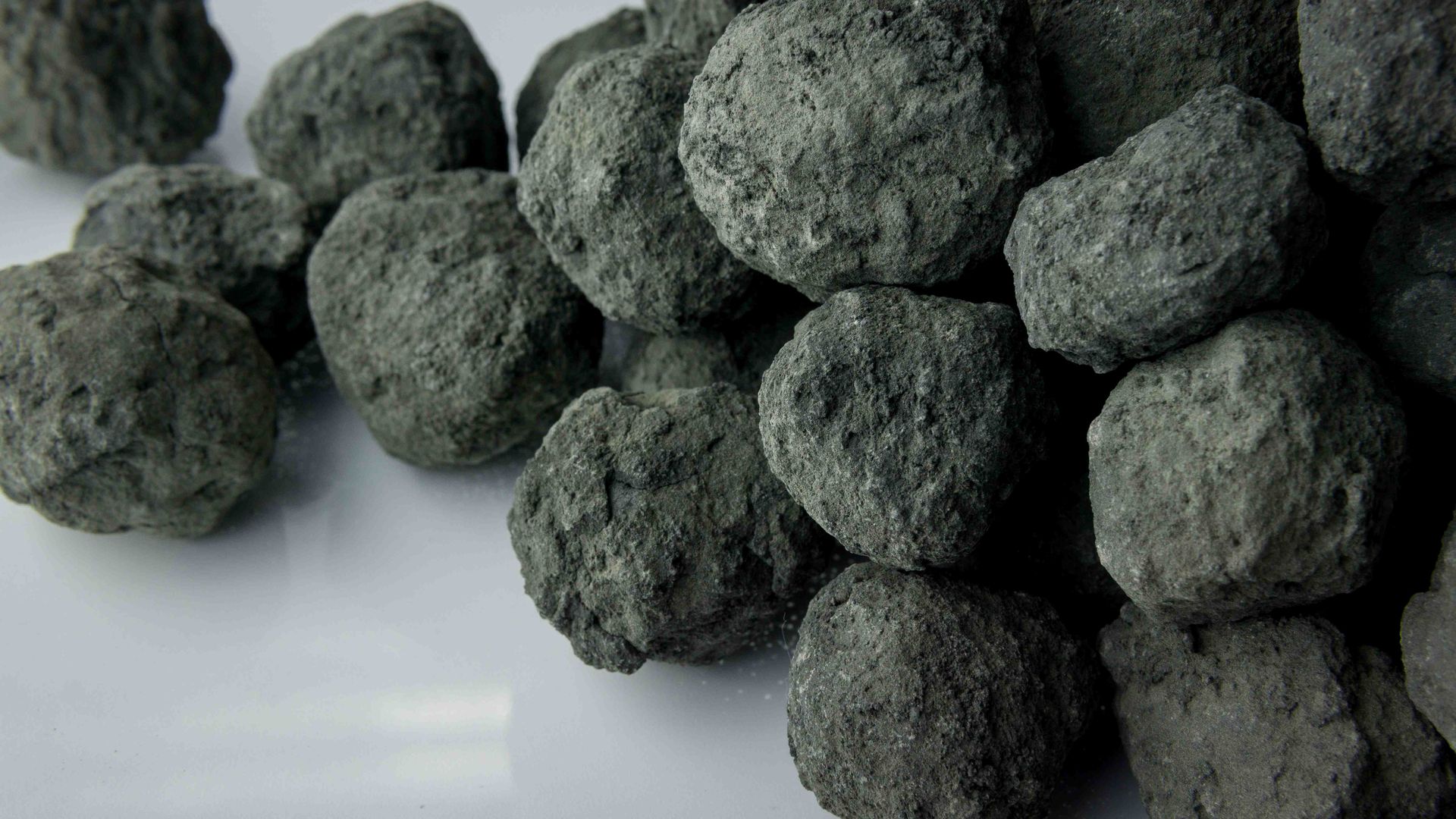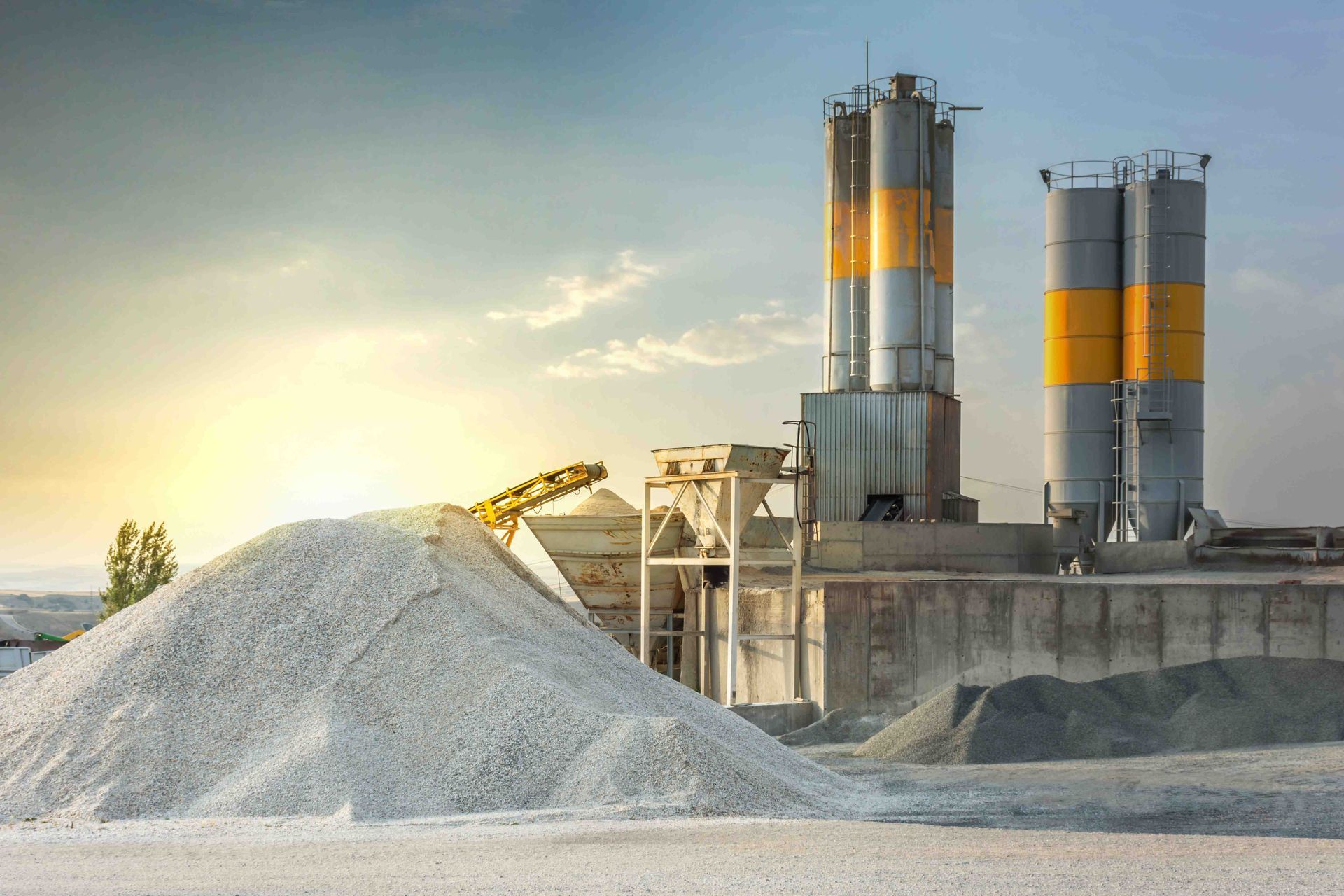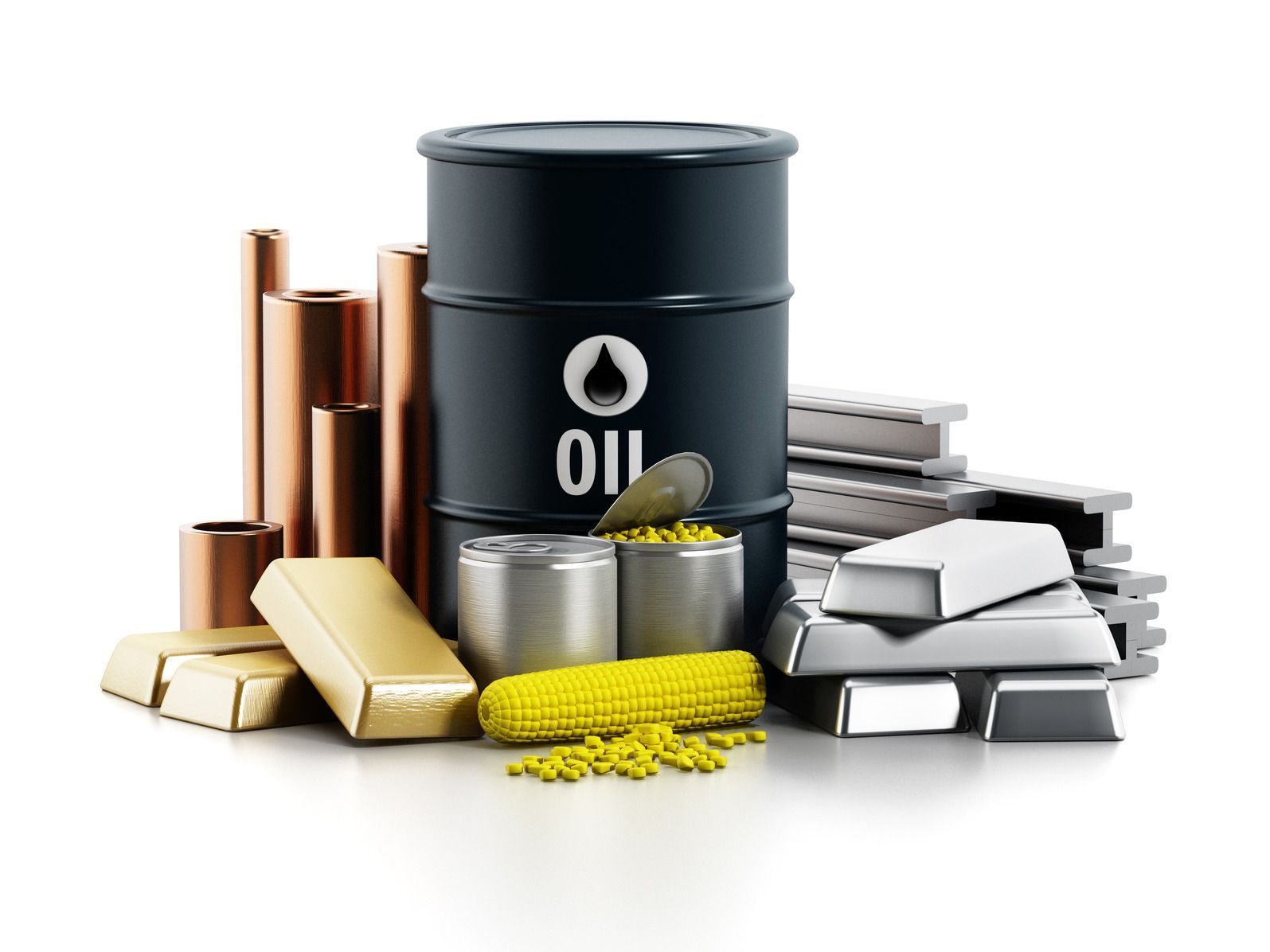What Is Petroleum Coke? Petroleum Coke Production and Uses

Petroleum coke is a byproduct of the oil refining process. As the name suggests, this is a type of coal that’s made from petroleum. However, unlike other types of coal, petroleum coke does not have any combustible properties when it comes to burning it as fuel.
In fact, petroleum coke is considered an unrefined crude oil because it still has almost all of its raw content left in it. It’s not quite coal either because it doesn’t have any lignin or ash left in it.
Instead, what we get is a very black and volatile substance that can be used as a substitute for coal during combustion processes. There are various uses for petroleum coke, and let’s take a closer look at what they are and how they can be implemented.
Petroleum Coke Facts
As one of the world’s most abundant natural resources, petroleum coke—or petcoke—is a black solid organic material derived from crude oil refining. It is composed of carbon, hydrogen, sulfur, and oxygen. Its high carbon content makes it valuable for electricity generation in coal-fired power plants and cement manufacturing.
As a solid fuel for industrial purposes, petcoke has many uses, including:
1. Electricity generation in coal-fired power plants
2. Cement manufacturing
3. Steel production
4. Fuel
Petroleum coke is a byproduct of the oil refining process. It is created when crude oil is heated to high temperatures in a furnace. The resulting product is a black, solid substance that contains high levels of carbon and other chemicals.
What Is Petroleum Coke Used For?
The versatility of petroleum coke makes it an incredibly useful product. If we look at the uses for petroleum coke, we’ll note that it can be used in the following ways:
Petroleum coke is mainly used as a fuel source, but it can also be used as a feedstock in various chemical industries. It’s also often used in the production of activated carbon and as a raw material for ethylene and benzene.
Electricity Generation in Coal-fired Power Plants
The use of petroleum coke in coal-fired power plants is on the rise. This fuel source is usually produced as a byproduct of oil refining, and contains high levels of carbon. When burned in coal-fired power plants, petroleum coke can produce higher levels of emissions than traditional coal. However, there are some benefits to using petroleum coke as a fuel source in coal-fired power plants.
Petroleum coke can be used as a replacement for coal in some power plants. It can be burned with less sulfur, which can reduce emissions of sulfur dioxide. Petroleum coke can also be burned at higher temperatures than coal, which can increase the efficiency of the power plant.
There are some disadvantages to using petroleum coke as a fuel source in coal-fired power plants. Petroleum coke can contain higher levels of contaminants than coal. These contaminants can include mercury, cadmium, and lead. Burning petroleum coke can also produce more carbon dioxide than burning coal.
Despite the drawbacks, the use of petroleum coke as a fuel source in coal-fired power plants is likely to continue to grow. Petroleum coke is a cheaper fuel than coal, and it can be burned with less sulfur. This can actually help to reduce emissions of sulfur dioxide from power plants.
Cement Manufacturing
As carbon-rich products derived from oil refineries, calcined petroleum cokes (CPCs) have long been used as fillers in the cement industry. In addition to their low price point, CPCs provide numerous performance enhancement properties for cement, including increased energy efficiency and improved strength and durability.
Steel Production
Petroleum coke is also used as a feedstock in the production of steel. It’s often used to replace iron ore in blast furnaces because of its cheaper cost and very high carbon content.
When petroleum coke is used for steel manufacturing, the quality of the end product is high, but it does contain a high amount of sulfur that needs to be removed. Petroleum coke is a very common feedstock used to manufacture steel because it provides the necessary amount of carbon needed to produce high-quality steel.
However, due to the high amount of sulfur contained within it, the coke needs to be purified and processed to remove the sulfur before it can be used. The coke is usually combined with limestone and clay to create a slag that is used to remove impurities from the coke and produce a high-quality raw material that can be used to produce high-quality steel.
Fuel
Petroleum coke is mainly used as a fuel source because of the high carbon content. It has a very high energy density and can be used as a substitute for coal during combustion processes.
In fact, petroleum coke is often used in places where coal is not easily accessible. Petroleum coke has a very high energy density, which means that it can be used to generate high quantities of power, making it an excellent alternative to coal.
It also has a high ability to resist moisture and is considered to be an ideal fuel for generating power in places where coal is not easily accessible. Petroleum coke can be used to generate electricity, produce steel, and as a feedstock for other chemical industries.
Final Words
Petroleum coke is a very useful byproduct of the oil refining process, and it can be used to produce many different products. Due to its high carbon content, it can be used in the production of steel and activated carbon, and it can also be used as a fuel source.
PermuTrade Is Your Leading Supplier of Petcoke
PermuTrade specializes in supplying petroleum coke to manufacturers around the world. We are an international supplier of petcoke and other raw materials. Our global network allows us to meet customer needs no matter where they are located.
We invite you to get in touch with us today to learn more about how we can help you procure the petcoke or other raw materials you need to keep your business running smoothly.
Feel free to connect with us via our Contact Form or by sending us an email at info@permutrade.com .
Disclaimer: The information on this website and blog is for general informational purposes only and is not professional advice. We make no guarantees of accuracy or completeness. We disclaim all liability for errors, omissions, or reliance on this content. Always consult a qualified professional for specific guidance.






